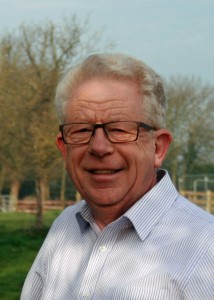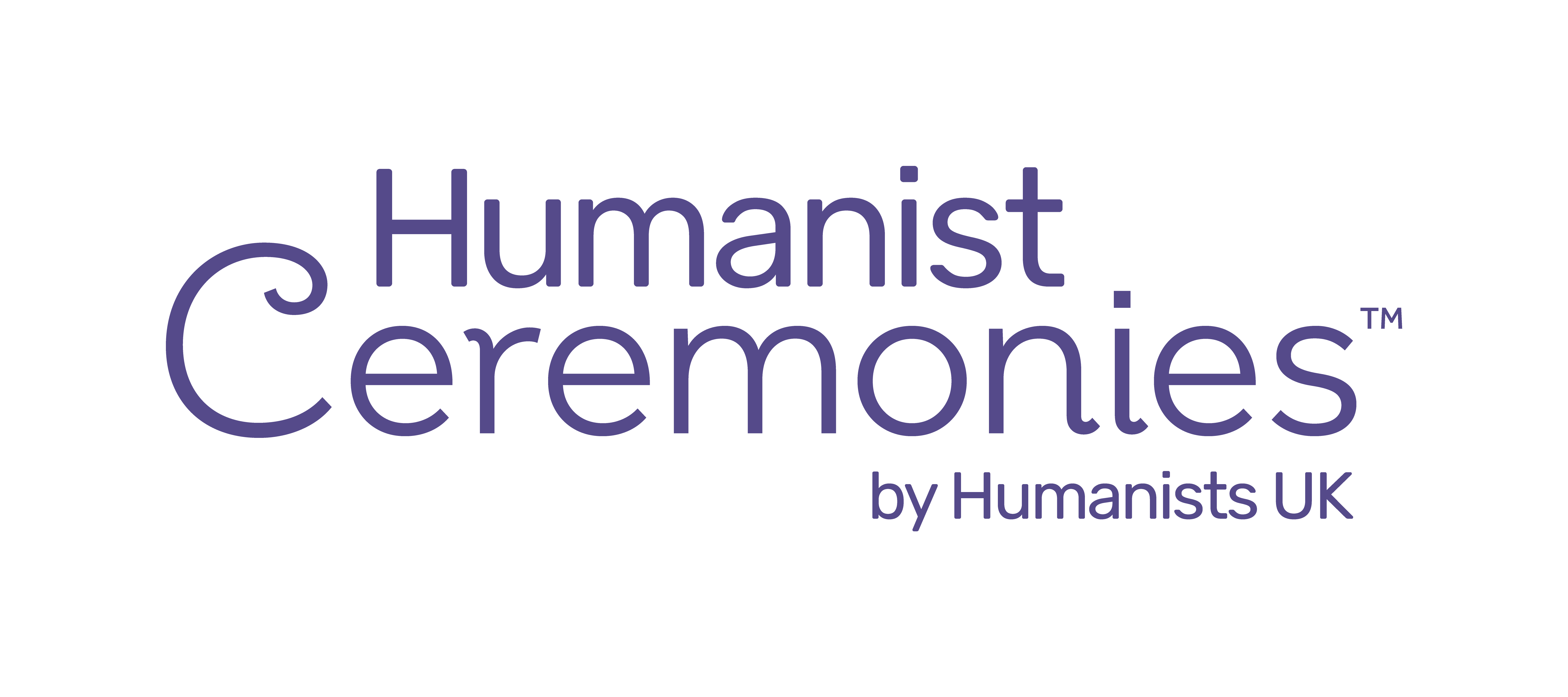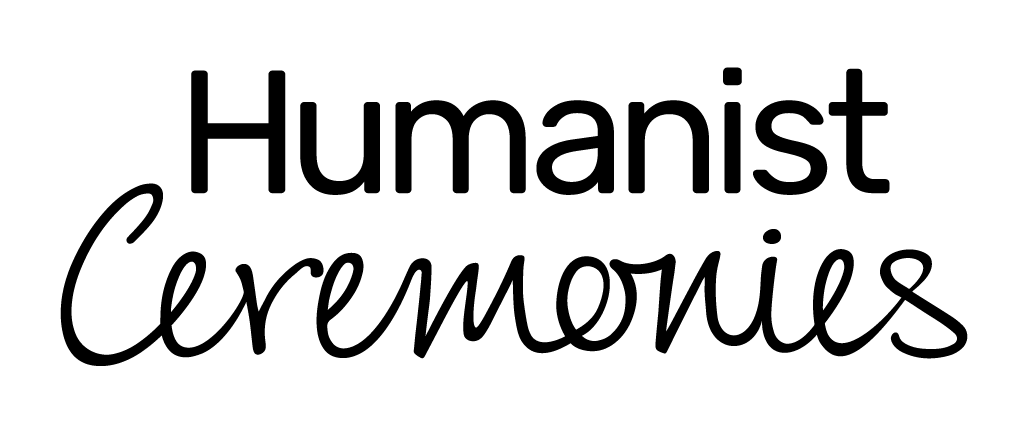What is “Humanism” ?
 At a school, where I taught, all the teachers took assemblies. When I pointed out to the Head of R E that my assemblies contained no references to God or Jesus, I was reassured when he told me “Your assemblies are more spiritual than most people’s; you are just coming from the perspective of a secular humanist.” This was the first time I had heard the term.
At a school, where I taught, all the teachers took assemblies. When I pointed out to the Head of R E that my assemblies contained no references to God or Jesus, I was reassured when he told me “Your assemblies are more spiritual than most people’s; you are just coming from the perspective of a secular humanist.” This was the first time I had heard the term.
Humanism is an attitude of mind, a way of life, and a way of living. It is not a religion, nor founded by someone called “Mr Human”. (Religions are founded by men, rather than women, of course.) There are probably as many kinds of Humanism as there are kinds of Islam or Christianity, although I don’t think that any two branches have ever killed each other, as Sunnis have killed Shias, or Catholics have killed Protestants.
My kind of Humanism is the one which puts people at the centre of my thinking about morals and ethics, about politics and about how I lead my daily life. I like the sentiment expressed by Robert Ingersoll: that the best way to be happy is to do your best to make other people happy.
Most of us are alive for less than 1000 months, and Humanism is the way in which we respond to that fact. Let us get the most out of it, through the establishment of relationships, and doing good in our family, in the local, national and world community.
Morality arises from human nature and human culture, rather than being imported from an ancient sacred text or an external force. What is right is what promotes human welfare or fulfilment.
These ideas have been arrived at across the world and all through time, as far back as the age of Confucius in 500 BCE.
People of religion have a second level of reality, populated by demons, spirits, gods and ghosts, to whom they defer: placating them, asking for favours, thanking, worshipping, explaining the world as results of their actions. Most religions believe there is life after death, and some believe there was another life before birth.
Since the 19th century it has been increasingly possible to explain the world we inhabit through scientific knowledge and understanding which can be demonstrated with evidence. It became clear that the demons, sprits, gods and ghosts were myths which gave human form to what we can nowadays call the laws of physics, chemistry, biology: in short, the laws of nature.
My kind of humanism is not anti-religious, simply non-religious, without a second level of reality. Without it, we alone are responsible for our own life and our own actions. The Humanist approach puts that responsibility firmly with each one of us, hence the need for tolerance, understanding and connection with our fellow human beings.

